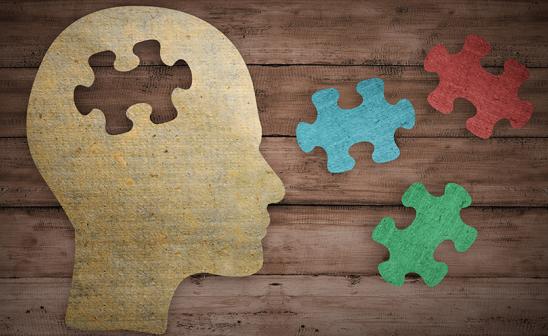Two studies show a link between emotional intelligence and wisdom

The researchers found competency in emotion management to be related to wise reasoning
By Sarah Steimer
Emotional intelligence and wisdom are both related to thoughtful, prosocial consideration of others and their perspectives. The findings, from two of the first empirical studies on the topic, were published in the Journal of Positive Psychology and explored by two UChicago researchers: Howard C. Nusbaum, the Stella M. Rowley Professor of Psychology, and Yena Kim, a behavioral science PhD student at the Booth School.
The two studies examined the relationship of EI and wisdom, and meta-cognitive and interpersonal mediators. The researchers found that recognition of a changing world, self-transcendence, consideration of diverse perspectives, and search for compromise — all components of competency in emotion management, a branch of emotional intelligence — are related to wise reasoning.
Although prior theories suggested EI and wisdom are related, there was previously no empirical evidence for this relationship — prompting the researchers to look further into the possible connection. The research was a collaborative project with Tamera R. Schneider, the Associate Vice Chancellor for Research at The City University of New York, who undertook the second study.
“If you look at the research on wisdom and wise reasoning, it sounds a lot like aspects of emotional intelligence,” Nusbaum says. “We thought it would be very important to try to understand the relationship between these things, because the research community that studies emotional intelligence is disjointed from the research community that studies wisdom.”
The two studies were mutually influenced but evolved together, approaching the problem from slightly different directions. Study No. 1 was conducted online and focused on meta-cognitive mediators.
This first study was designed to ask if there was a relationship between emotional intelligence and wise reasoning. The survey assessed four dimensions of emotional intelligence and wisdom, with two different measures of wisdom: the Situated Wise Reasoning scale and the Three-Dimensional Wisdom Scale.
To go a little bit deeper, the team asked questions about epistemic humility, which is the ability to know what you know, and to know what you don't know — to understand in a metacognitive way or reflective way where the boundaries of your knowledge are. They also asked about the need for cognition, which can be thought of as a person's motivation to engage in solving cognitive problems (for example: Are you interested in solving crossword puzzles, even if you're not that good at it?).
“We wanted to see if these two aspects of cognition — the knowledge of what you know and don't know and your motivation to engage in cognitive problems — were related to this measure of emotional intelligence and wise reasoning,” Nusbaum says. “And it turns out, they are related and they mediate between the two.”
The second study by Schneider was performed in person and added interpersonal mediators. It used slightly different measures of wisdom and included measures of epistemic humility. The researchers also looked at what's called empathic concern — how a person thinks about others’ troubles — and perspective-taking — your willingness to think about how other people see a problem. These two different kinds of measures weren’t included in the UChicago psychology study, but they also turn out to be related to the connection between emotional intelligence and wise reasoning.
The results showed that managing emotions is related to wise reasoning, but it's specifically related through epistemic humility: knowing what you know and what you don't know, but by virtue of empathic concern and perspective-taking.
The crux of where the research may be headed next, Nusbaum says, is in increasing empathetic concern. It’s important, he says, to give people experiences where they can start to reflect about how choices affect other people — not in the actions they’ll take, but in how it will affect them emotionally, how they will feel about our choices.
Kim notes the research also confronts the stigma against connecting wise decision-making with emotions, that the best choices are made when adopting a cool, collected mindset. “Our work suggests otherwise,” she says. “That sometimes emotional cues can be really important information for understanding other people, and to wisely maintain your social relationships and ultimately have human flourishing.”
 THE UNIVERSITY OF CHICAGO
THE UNIVERSITY OF CHICAGO



